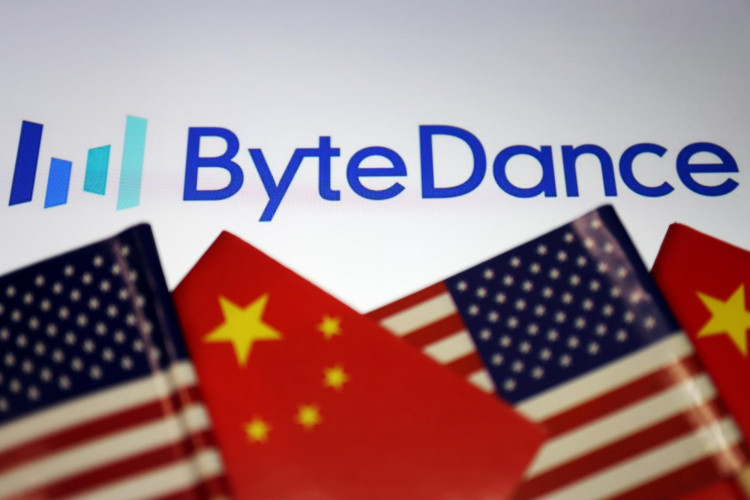TikTok CEO Shou Zi Chew testified before a House committee in a high-stakes hearing on Thursday, defending the company against claims that it poses a risk to national security and underage users. Lawmakers from both parties pressed Chew on the popular video-sharing app's ties to the Chinese Communist Party (CCP) and the potential for a nationwide ban.
House Energy and Commerce Chair Cathy McMorris Rodgers (R-Wash.) began the hearing expressing her support for a TikTok ban, accusing the platform of having ties to the CCP and prioritizing control, surveillance, and manipulation over American values. Concerns have been raised that China could use TikTok to spy on its more than 150 million US users.
During the hearing, Chew faced questions on harmful content affecting underage users, including online trends linked to injuries and deaths. Rep. Kat Cammack (R-Fla.) highlighted a TikTok video featuring a gun firing, suggesting it posed a direct threat to those present in the room. Rep. Gus Bilirakis (R-Fla.) confronted Chew about harmful content related to suicide, referencing the case of 16-year-old Chase Nasca, who died by suicide after allegedly being exposed to TikTok videos promoting suicide. Nasca's parents, who have filed a wrongful death suit against ByteDance, were present at the hearing.
Chew maintained that the Chinese government has not requested access to US user data and has seen no evidence of this happening. He also emphasized his commitment to keeping TikTok content free from government manipulation and highlighted "Project Texas," a $1.5 billion initiative in partnership with Oracle to protect and store US user data on American soil. Chew further offered third-party monitoring of TikTok's source code to reassure lawmakers.
However, Chew's assurances did not convince lawmakers, with many expressing doubts about TikTok's partnership with Oracle. Rep. Frank Pallone (D-NJ) argued that the Chinese government would still control and have the ability to influence TikTok, rendering "Project Texas" unacceptable.
In addition to national security concerns, Rep. Diana DeGette (D-Colo.) questioned Chew about misinformation on TikTok, asking about measures to strengthen content review. Chew acknowledged that the platform is not perfect but mentioned significant investments in content moderation. DeGette expressed dissatisfaction with Chew's response, stating it was insufficient for American parents.
Chew also discussed Section 230 of the 1996 Communications Decency Act, which provides liability protection for social media platforms, asserting its importance for freedom of expression on the internet and expressing support for its preservation.
Despite Chew's testimony, tensions between the US government and TikTok remain high, with the potential for a ban still looming.





